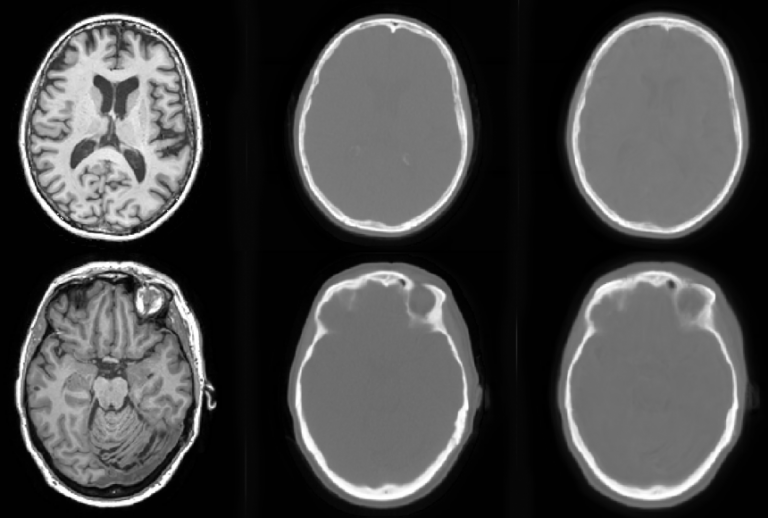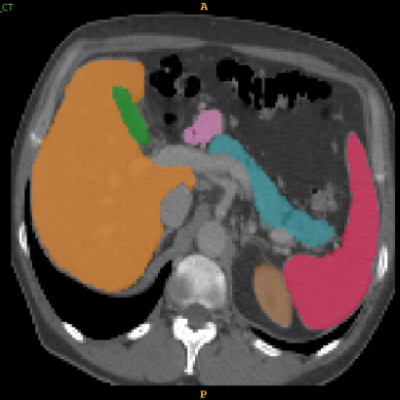Open-source library dedicated to medical imaging analysis launched at UCL
5 January 2018
A research consortium led by WEISS at UCL has launched NiftyNet, the first open-source deep-learning software library dedicated to medical imaging.

Deep-learning tools are playing an increasingly critical role in medical image analysis and computer-assisted clinical interventions. They can be applied to many stages of the clinical workflow, from population screening and diagnosis to treatment delivery and monitoring. Deep-learning methods are particularly effective at medical image analysis tasks such as segmentation, classification, detection and image reconstruction.
However, whilst other areas of technology have seen rapid advancements in deep learning applications, the developments in the medical imaging sector have comparatively been hindered. This is because established deep-learning platforms have not provided specific functionality for medical image analysis, and adapting their functionality for this requires substantial effort.
This has meant that many research groups across the medical imaging field have been working on solving similar underpinning common problems rather than focusing on advancing cutting-edge research. There has been a lack of compatible infrastructure to collaborate effectively.
NiftyNet provides an open-source platform for deep learning specifically dedicated to medical imaging. It aims to simplify the dissemination of research tools, creating a common infrastructure for scientists to use, share and adapt software in the hopes of accelerating research across the field.

NiftyNet can be used to assist in a growing range of medical imaging analysis tasks including segmentation, regression, image generation and representation learning applications.
One of the lead researchers for this project, Dr Tom Vercauteren, commented, “NiftyNet provides a common platform for the medical imaging research community to work together and accelerate our developments. It has huge potential in opening up and disseminating deep learning tools for broader researchers to access, adapt and build upon.”
NiftyNet is an expanding effort currently spanning several research groups within UCL. The research consortium is led by the Wellcome / EPSRC Centre for Interventional and Surgical Sciences (WEISS) and includes UCL’s Centre for Medical Image Computing (CMIC) and High-dimensional Imaging Group (HIG).
The code is available via GitLab, GitHub or you can quickly get started with the PyPi module. NiftyNet is built on top of TensorFlow to benefit from industry standard performance and reliability.
 Close
Close

